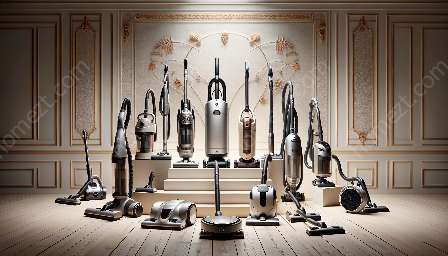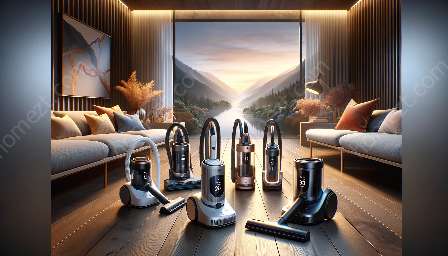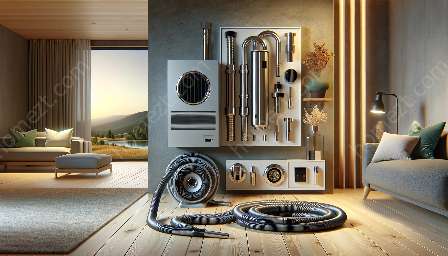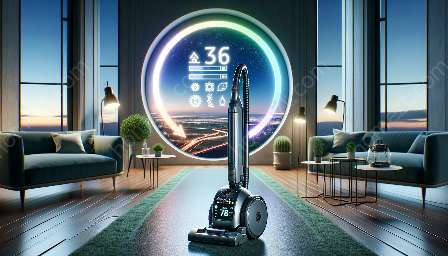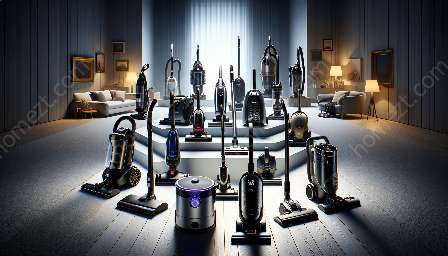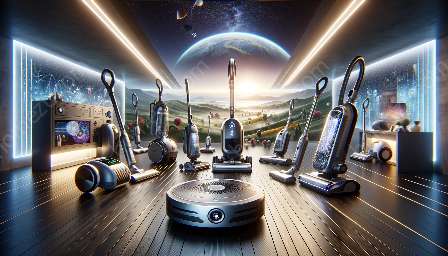When it comes to choosing a vacuum cleaner, one of the main decisions you'll need to make is whether to go for a corded or cordless model. Both types have their own set of advantages and drawbacks, and understanding the differences between them can help you make an informed decision. In this comprehensive guide, we'll explore the features of corded and cordless vacuum cleaners, comparing their performance, convenience, and overall suitability for different cleaning needs.
Pros and Cons of Corded Vacuum Cleaners
Corded vacuum cleaners are known for their powerful suction and consistent performance. They are typically more suitable for larger homes or spaces that require deep cleaning, as they are not limited by battery life. With a corded vacuum, you won't have to worry about running out of power midway through a cleaning session. Additionally, corded models are often more affordable than their cordless counterparts and tend to have larger dust capacities, reducing the frequency of emptying the bin.
However, the main drawback of corded vacuum cleaners is their limitation in terms of mobility. The power cord can restrict your movement and might require frequent unplugging and re-plugging in different areas of a room. This can be particularly inconvenient in homes with multiple levels or larger floor areas. Furthermore, corded vacuums are often heavier and can be more challenging to maneuver, especially when vacuuming stairs or tight spaces.
Pros and Cons of Cordless Vacuum Cleaners
Cordless vacuum cleaners, on the other hand, offer unmatched mobility and convenience. Thanks to their rechargeable batteries, they allow you to move freely around the house without being tethered to a power outlet. This makes them ideal for quick and spontaneous clean-ups, as well as for reaching areas that are difficult to access with a corded vacuum.
Moreover, cordless vacuum cleaners are lightweight and easy to maneuver, making them a popular choice for users who prioritize ease of use. They are especially convenient for cleaning stairs, cars, and other tight spaces where corded vacuums might struggle to reach. However, one of the main drawbacks of cordless vacuums is their limited battery life, which can vary depending on the model and usage. This means you may need to recharge the vacuum more frequently, especially if you have a larger area to clean.
Performance and Suitability
When it comes to performance, corded vacuum cleaners are often preferred for their powerful suction and consistent cleaning ability. They are well-suited for deep cleaning tasks, such as removing embedded dirt and pet hair from carpets and upholstery.
Cordless vacuum cleaners, on the other hand, may not always match the suction power of their corded counterparts. However, advancements in technology have led to the development of high-performance cordless models that can rival corded vacuums in terms of cleaning effectiveness. It's important to consider the specific cleaning needs of your home or space to determine which type of vacuum cleaner is most suitable.
Final Thoughts
Ultimately, the choice between a corded and cordless vacuum cleaner depends on your individual cleaning requirements and lifestyle. If you prioritize power and consistent performance for thorough cleaning, a corded vacuum may be the ideal choice. On the other hand, if convenience, maneuverability, and quick clean-ups are your primary concerns, a cordless vacuum might better suit your needs.
Whichever type you choose, it's important to consider factors such as battery life, suction power, dust capacity, and overall usability to ensure that your vacuum cleaner aligns with your cleaning habits and expectations.

